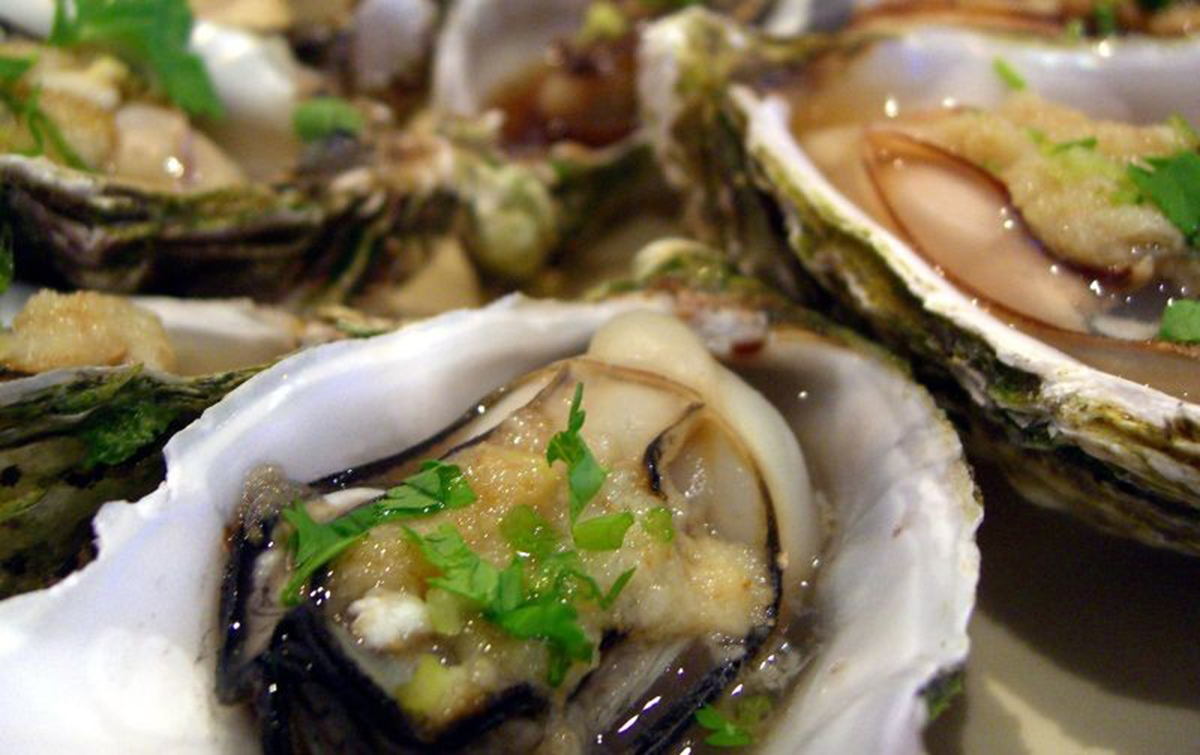Table of Contents
Oysters. Oysters are the richest source of the immune system protectant mineral, zinc. They are also a good source of protein and the antioxidant selenium.
Garlic. The antioxidant in garlic, called allicin, fights infection and bacteria directly. As an added bonus garlic also lowers cholesterol and plays a role in the prevention of certain cancers.

Turmeric. The spice turmeric is a very powerful anti-inflammatory, even when compared to some drugs. This mild spice can be added to almost every dish.
What To Take Out From Your Diet
These include:
Sugar. Sugar literally coats our blood cells. When white blood cells, our main line of defence, are exposed to high levels of sugar in the bloodstream, they have a decreased ability to engulf bacteria. The digestive system and the bacterial flora also become aggravated by high sugar intakes. Refined carbohydrates, like white breads and baked goods, act very similar to sugar in the body and should also be avoided and replaced with wholegrains.
Cooked Fats. Fats that have been overheated create free radicals that disrupt cell membranes and DNA and have a negative effect on a wide range of conditions such as aging, cancer, inflammation and viral infections. Common sources of these bad fats and oils potato chips, baked goods, and fried foods. Hydrogenated vegetable oils (also called trans-fats), including shortenings and most margarines, should also be avoided.
Food Allergens.This avoidance does not apply to everyone, but for people who suffer from allergic condition, like asthma. sinusitis, skin rashes and digestive complaints would benefit from avoiding allergens that they might be specifically sensitive to.
Individuals that experience any of the above symptoms could get tested for food allergies or should experiment with eliminating certain foods from their diets to observe changes.
Immune Boosting Diet Tips
- Make salads or vegetables the basic of most meals and full your plate up at least half with plant foods
- Add a variety of veggies into stews and soups
- Make fruit smoothies for breakfast and eat fruits in-between meals as a snack
- Drink fresh veggie and fruit juice to boost your intake
- Snack on nuts and seeds or add a couple of tablespoons of crushed nuts and seeds to breakfast cereals
- Eat a source of protein at every meal
- Choose whole grain products instead of white bread, white rice and pasta at meals
- Allow yourself the occasional sugary treat of you must and keep added sugar intake below 4 teaspoons per day.
Immune Boosting Meal Plan Example
Breakfast
1 cup wholegrain raw muesli made with rolled oats, nuts and seeds + 1 cup plain natural yogurt + ½ papaya
Snack
Handful almonds and 1 orange
Lunch
Large raw salad with grated cabbage and carrot and 100g salmon with olive oil dressing and 1 slice wholegrain seeded bread topped with avocado pear.
See Also: Boost your Immune System Naturally and with Nutrition
Snack
1 glass of fruit and veggie mixed juice (carrot, beetroot, apple and celery)
Dinner
150g grilled grass-fed beef steak with wilted spinach and steamed broccoli served with 1 cup cooked brown rice and lentils.
- Photo courtesy of Damien Gadal via Flickr: www.flickr.com/photos/23024164@N06/8347550111
- Photo courtesy of Alpha by Flickr : www.flickr.com/photos/avlxyz/313854298


Your thoughts on this